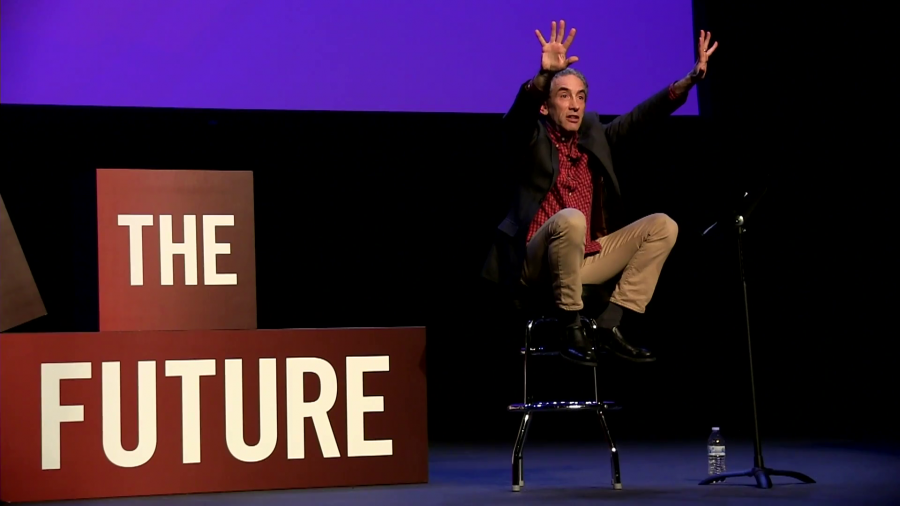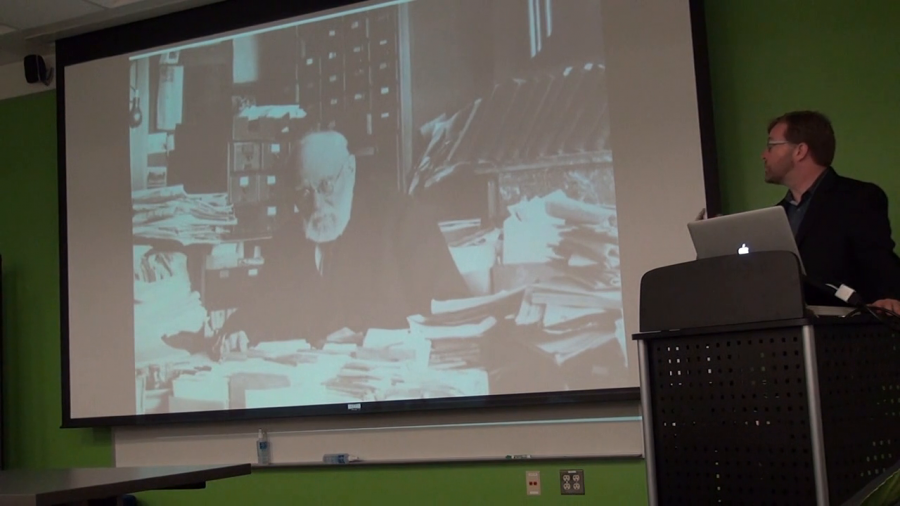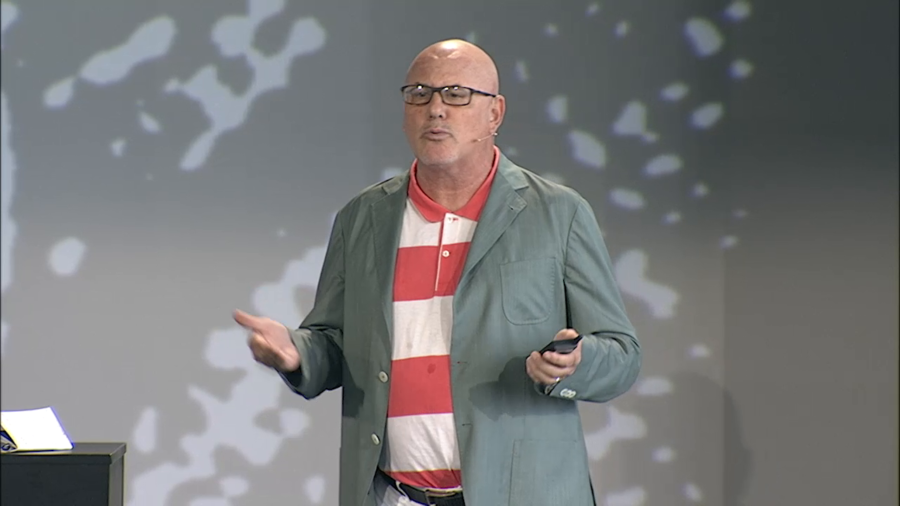I’m going to make an argument in this talk that dissent is valuable not merely to establish your moral dimension or to make a moral act or moral posture. It’s essential to scientific progress. So we can’t do without dissent; it’s not an affectation.
Archive

Google just has to grow. It has to keep growing. But Google grows at its own peril. Google grew so much that what happened? It outgrew Google. Google had to become what? Alphabet. Now what is Alphabet? Alphabet is not Google. Alphabet is a holding company. So Google’s new business as Alphabet is to do what? It’s to buy and sell technology companies. So, once a company becomes just too big to flip anymore, it becomes a flipper of other companies.
When the public cannot prove that the oil company is going to cause damage, then we’re not allowed to say, “Nevertheless, the risk is not acceptable.” So we have turned it over, the decision, to the expert. We have taken it out of the hands of the community. And then when we say we want community input, we hold a public hearing, and the experts sit up at a table. And then the grandmother who does not have a graduate degree, she’s not allowed to say, “Here’s what I’ve seen. Here is what’s happened in my community. And that’s not acceptable.” Her view is not taken because she’s not an expert. And so we’ve taken away the right for self determination and for community determination.

I wanted to give you a little bit of perspective on Otlet’s broader vision, which I think is in a way even more interesting as a reference point for thinking about some of the changes we’re seeing today as our lives are increasingly reshaped by technology and networks. What Otlet offers is a different way into that space, and a different way of thinking about what a networked world could look like.

